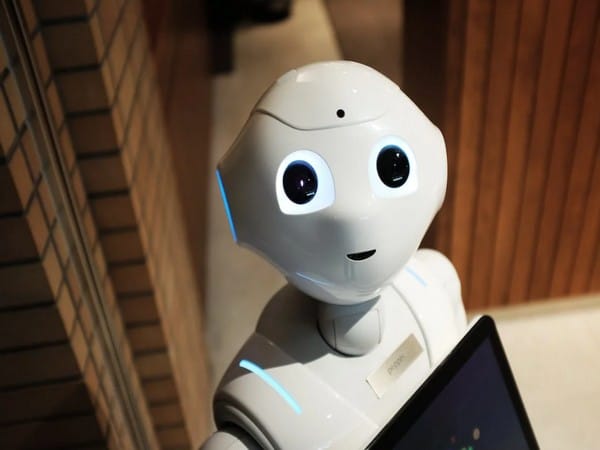Orlando [US], December 26 (ANI): A new kind of teacher–an artificial one–has been able to emerge as a result of the growth of online learning. It will be interesting to see how receptive children are to a robotic teacher.
Researchers at the Nicholson School of Communication and Media at the University of Central Florida are investigating how students view teachers who use artificial intelligence.
Some of their findings, which were published in the International Journal of Human-Computer Interaction, suggest that in order for students to accept an AI teaching assistant, it must be useful and simple to communicate with.
The hope is that by understanding how students relate to AI-teachers, engineers and computer scientists can design them to easily integrate into the education experience, says Jihyun Kim, an associate professor in the school and lead author of the study.
“To use machine teachers effectively, we need to understand students’ perceptions toward machine teachers, their learning experiences with them and more,” Kim said, adding, “This line of research is needed to design effective machine teachers that can actually facilitate positive learning experiences.”
AI teaching assistants can help ease a teacher’s workload, such as by responding to commonly asked questions by students. These questions, which often appear each semester and become numerous in online classes with hundreds of students, can become a large task for a teacher. The quick delivery of answers also helps students.
An example of an AI teaching assistant is one named Jill Watson that was created by a researcher at the Georgia Institute of Technology. Jill was fed the thousands of questions and answers commonly asked in the researcher’s online class that he’d taught over the years. With some additional learning and tweaks, Jill was eventually able to answer the students’ commonly asked questions accurately without any human assistance as if she was one of the researcher’s human teaching assistants.
For the UCF study, the researchers asked respondents to read a news article about an AI teaching assistant used in higher education, and then they surveyed the students’ perceptions of the technology.
The finding that an AI-based teaching assistant that students were most likely to accept was one that was useful and was easy to communicate with points to the importance of having an effective AI-system, Kim says.
“I hope our research findings help us find an effective way to incorporate AI agents into education,” she said, adding, “By adopting an AI agent as an assistant for a simple and repetitive task, teachers would be able to spend more time doing things such as meeting with students and developing teaching strategies that will ultimately help student learning in meaningful ways.” (ANI)
This report is auto-generated from ANI news service. ThePrint holds no responsibility for its content.






